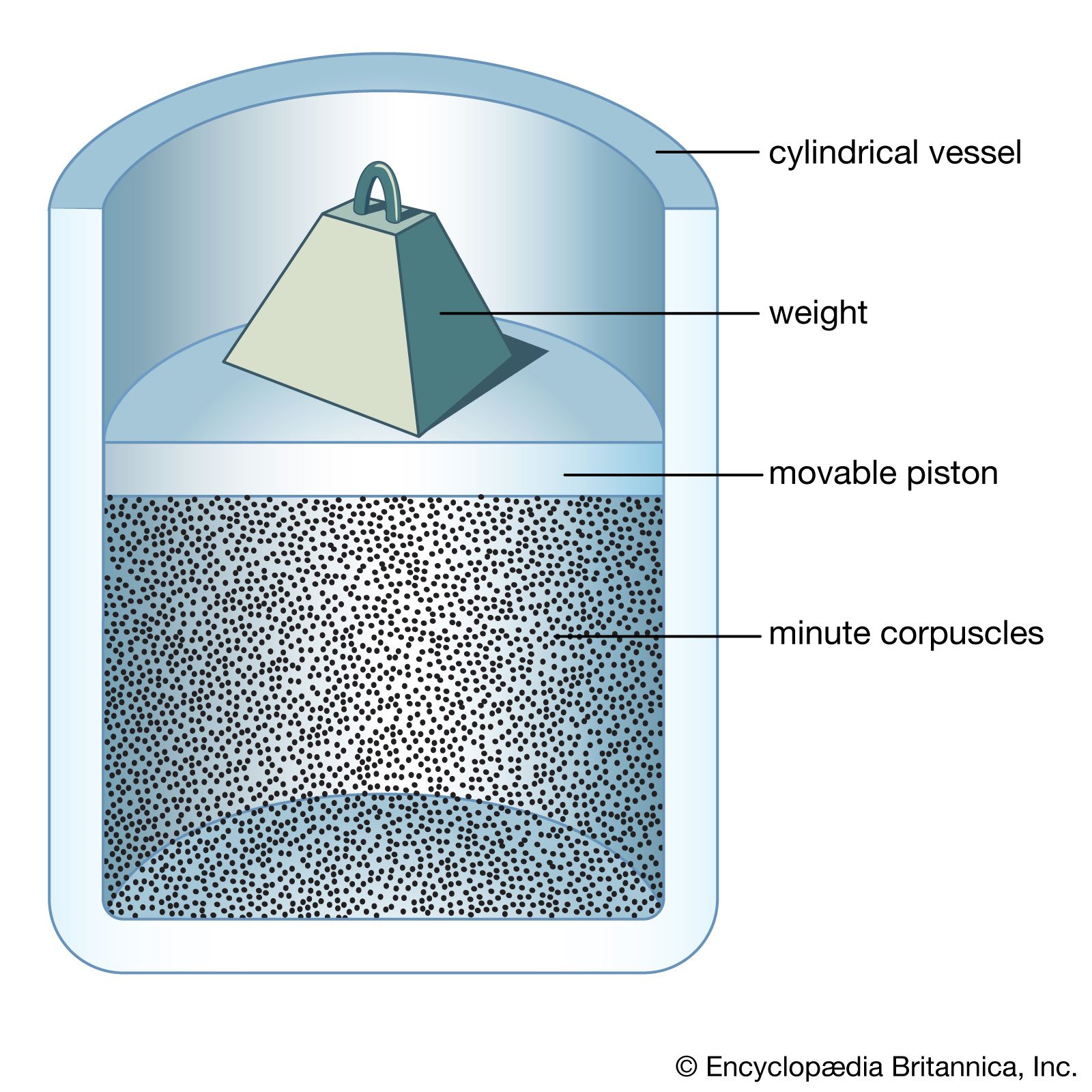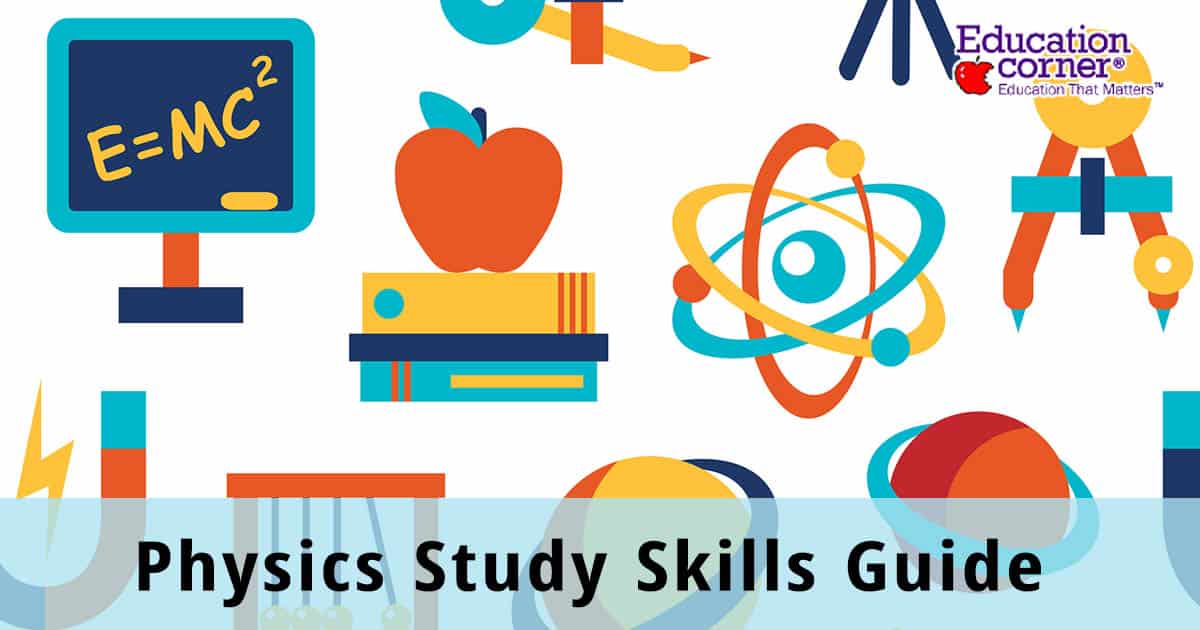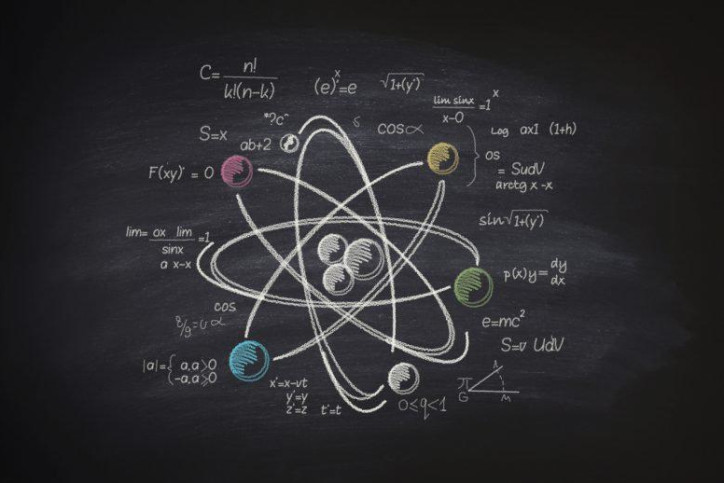What Does a Physicist Study?

When someone asks what does a physicist study, they might think about Nuclear energy, Optical technology, or Geothermal energy. However, many people do not realize the countless fields they could be studying if they become a physicist. This article will help you find out. Here are some jobs related to the field of physics. Read on to learn more about these exciting careers.
Applied physics
Applied physics is the application of the fundamental concepts of physics to solving problems in everyday life. In this field, students will learn about instruments, electronics, circuit design, and laser physics. In recent years, the demand for applied physics courses has increased considerably. In addition to securing a good job in the field of applied physics, students can apply their learnings to a variety of fields. Typically, a PhD in applied physics is sought after in many fields, including science and engineering.
Applied physics is often a combination of physics and engineering courses. This combination of subjects prepares physicists for careers in science, engineering, and manufacturing. Applied physics students may also minor in economics, making their education even more versatile. A minor in economics will enhance their career prospects, but it’s not necessary. This is not an exhaustive list.
Nuclear energy
Particle and nuclear physicists study the properties of atomic and subatomic particles. These scientists also study the forces that cause them to interact. To become a nuclear physicist, you will need a Ph.D. in a relevant field and be willing to work in both academia and industry. You will need to study the smallest units of matter – atoms.
Scientists who work in nuclear physics use high-energy accelerators and computational facilities to explore and understand nuclear particles and the nature of the strong force. They also study Quantum Chromodynamics, which explains the weak interactions between fundamental particles at higher energy levels. This process requires quantum theory. As the study of nuclear energy advances, nuclear physicists are seeking to understand the origins of matter, as well as the forces that transform it.
Optical technology
Physicists study optics, the science of light and its properties. Optical technology has many practical applications. For example, your LED alarm clock may use infrared light, and your TV remote might use visible light. Optical technology has also allowed us to develop thousands of industrial processes. Optical technology includes computer microchips that outline billions of transistors on tiny silicon tiles. It also includes lenses, mirrors, lasers, and optical fibers.
Optical technology is an important part of modern technology, and physicists study it. Optical devices have many advantages over conventional electronics. For example, light travels more than 10 times faster than electricity, allowing data to be transmitted over longer distances in a fraction of the time. Light can pass through infrared beams without interfering, allowing a single optical fiber to carry three million telephone calls at once.
Geothermal energy
Physicists study geothermal energy. The energy comes from the moderate heat stored in the earth’s crust. They study how the heat can be converted into useful energy. In dry climates, geothermal heat can be harvested by using enhanced geothermal systems. These systems work by pumping water into hot rock reservoirs and converting that steam to electricity. The water is then returned to the reservoir through injection wells.
There are several different kinds of geothermal energy, but the most widely used is the warm ground beneath a home. Warm ground can produce sufficient heat to control climate. Geothermal heat is available anywhere on Earth, and it is milder in areas a few hundred feet underground. Some of this heat can be harnessed directly for heating. Even the ground beneath a backyard can provide sufficient heat to control climate.




Leave a Reply